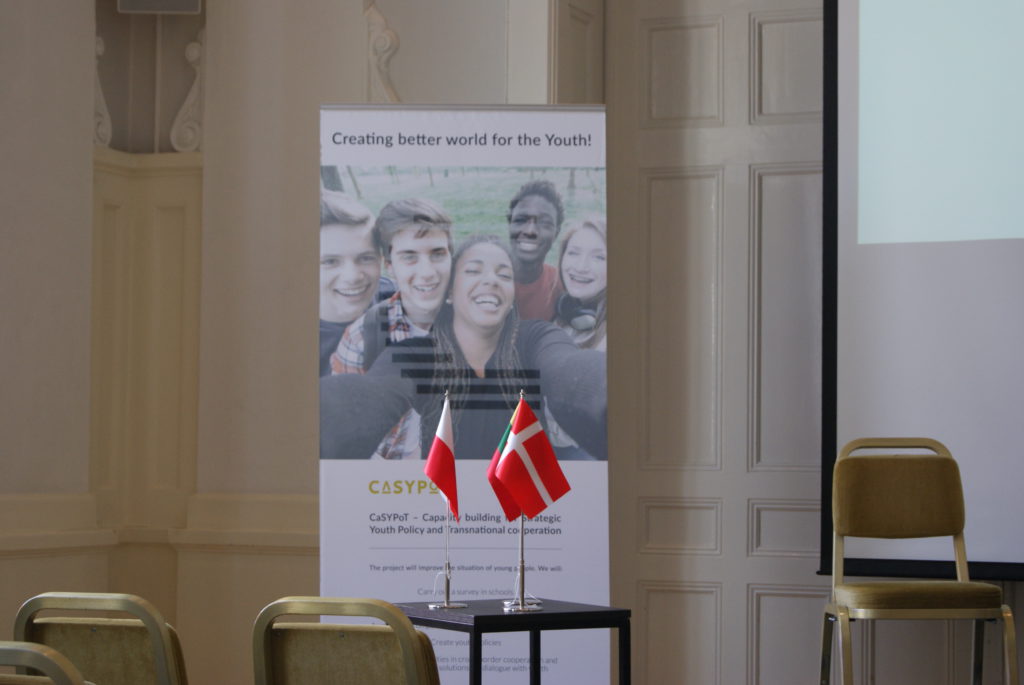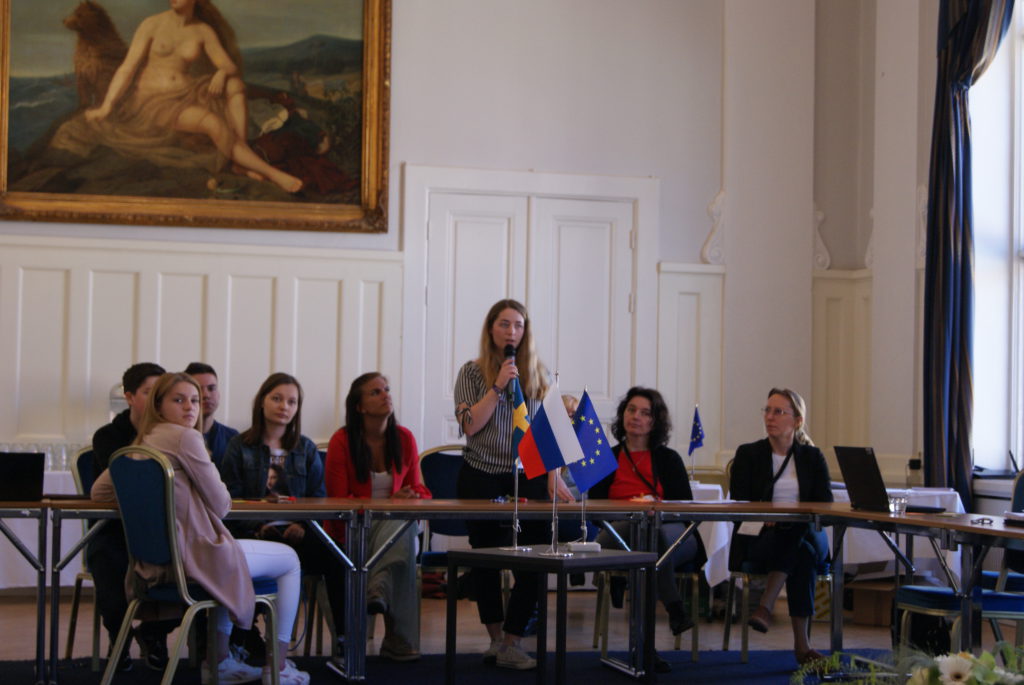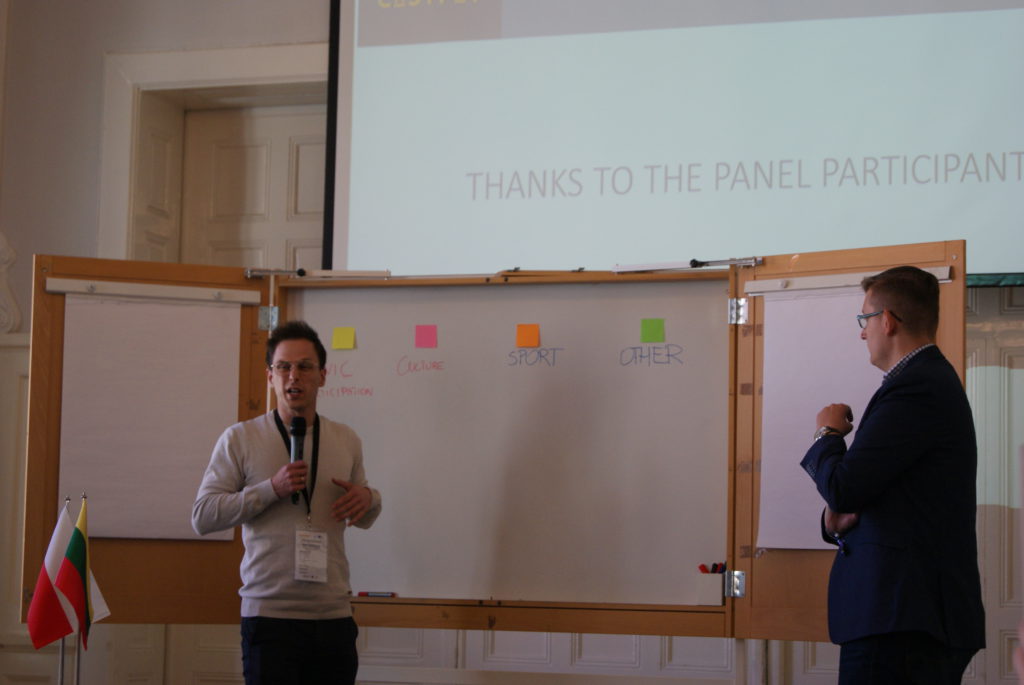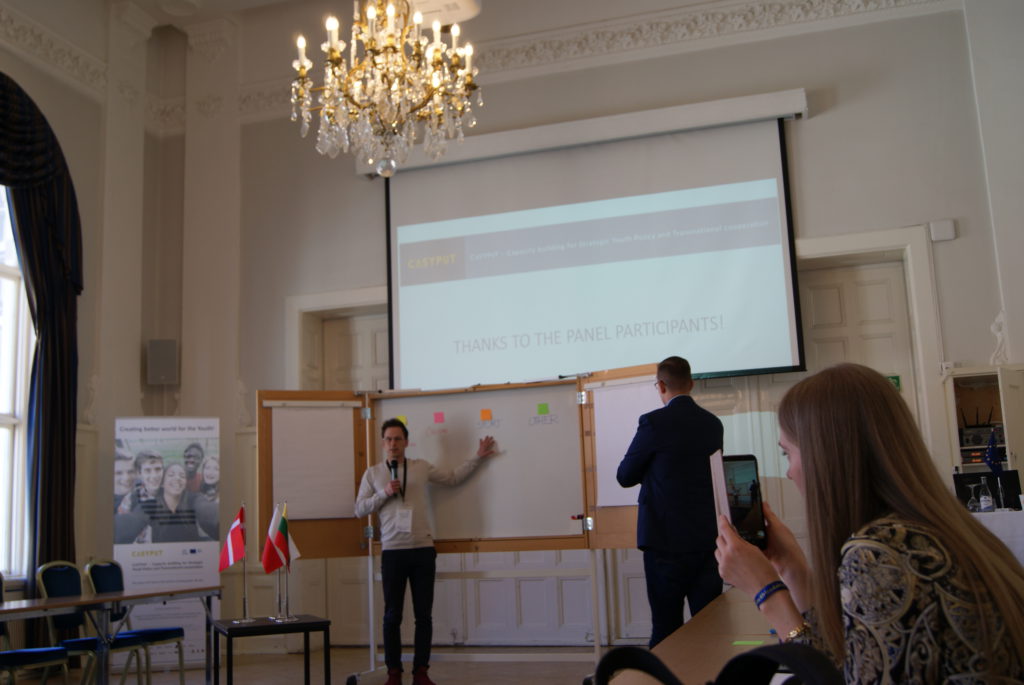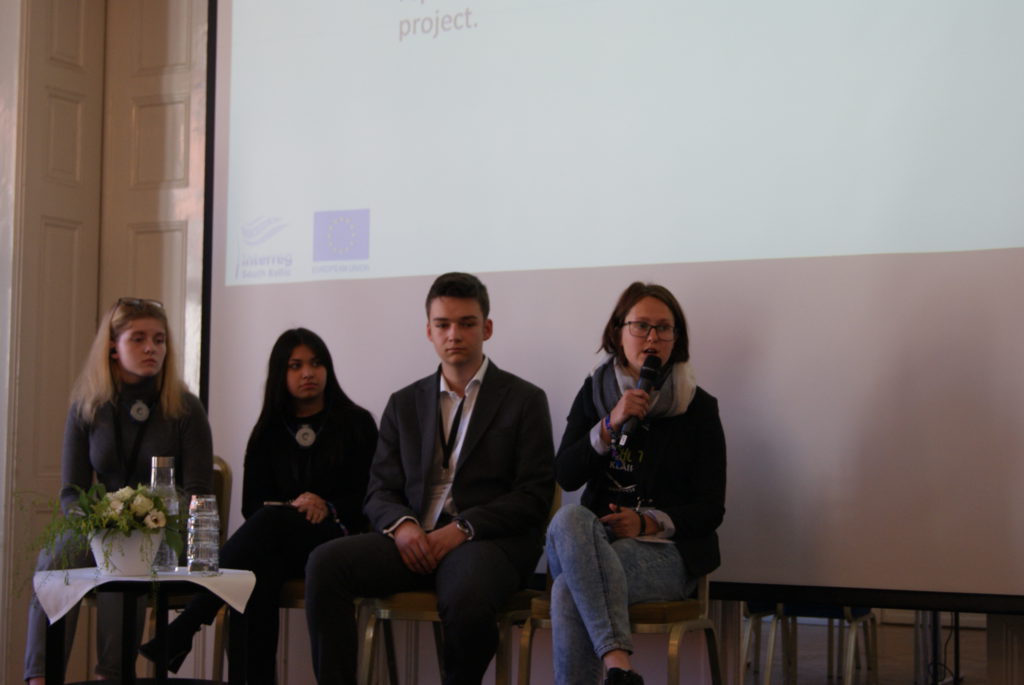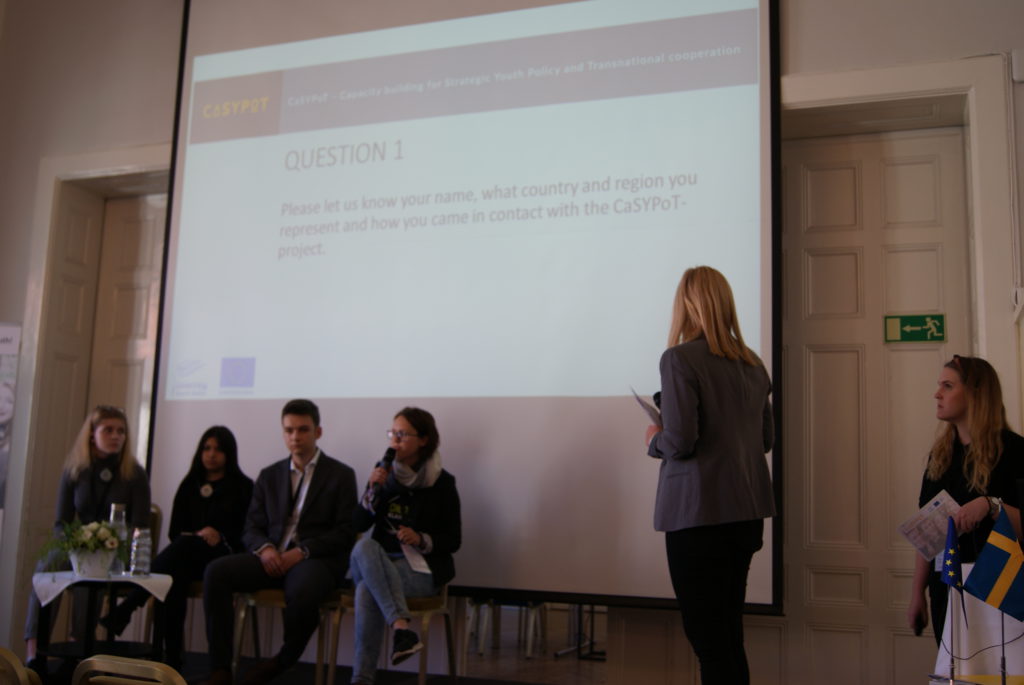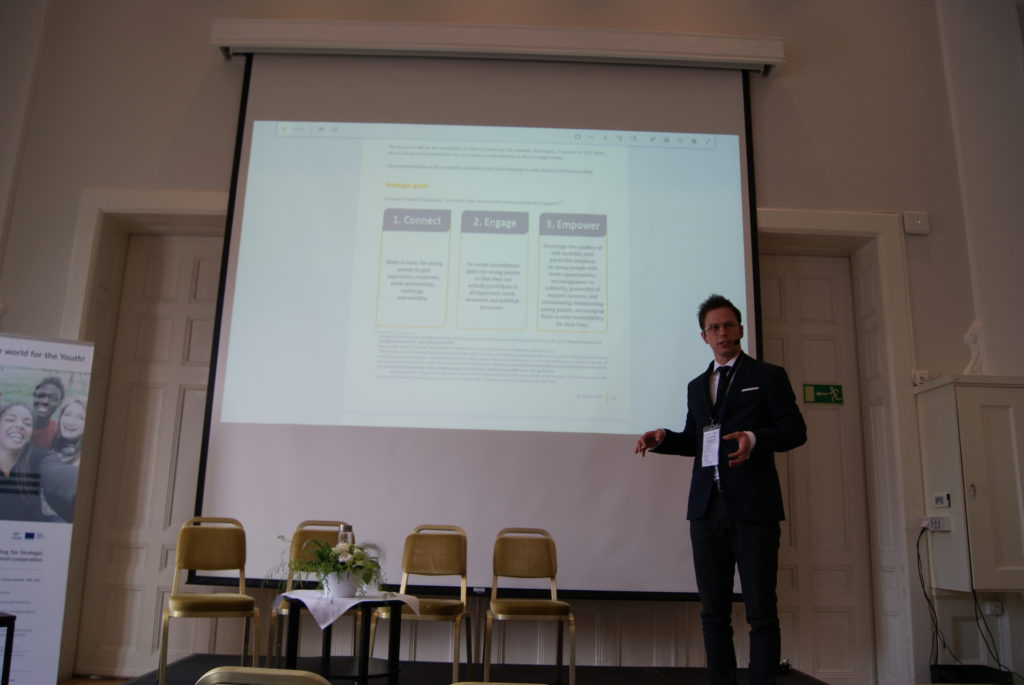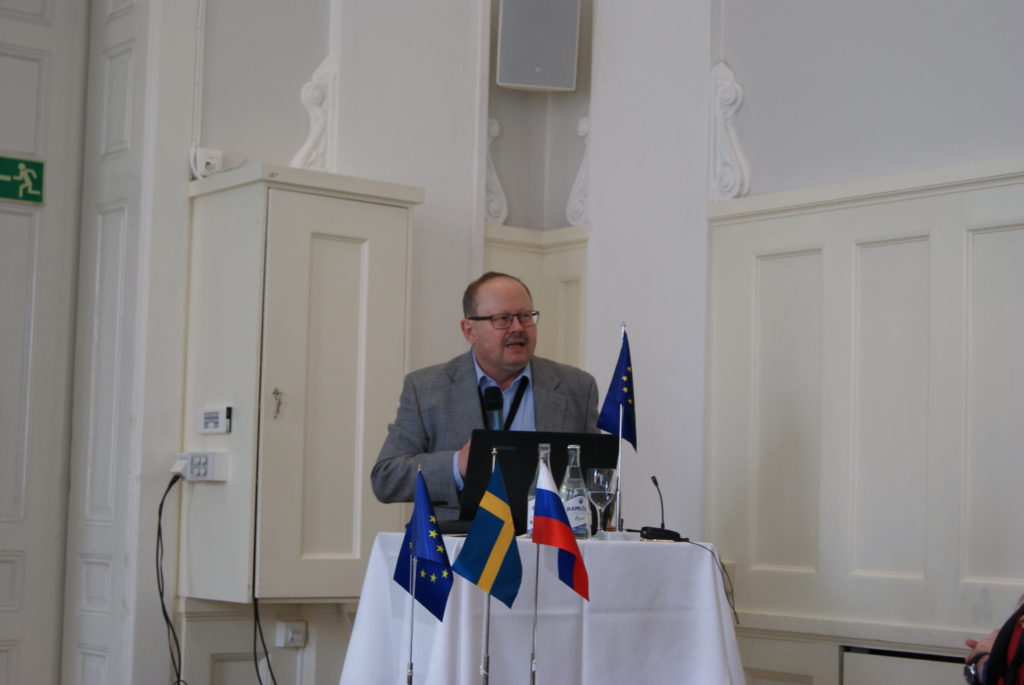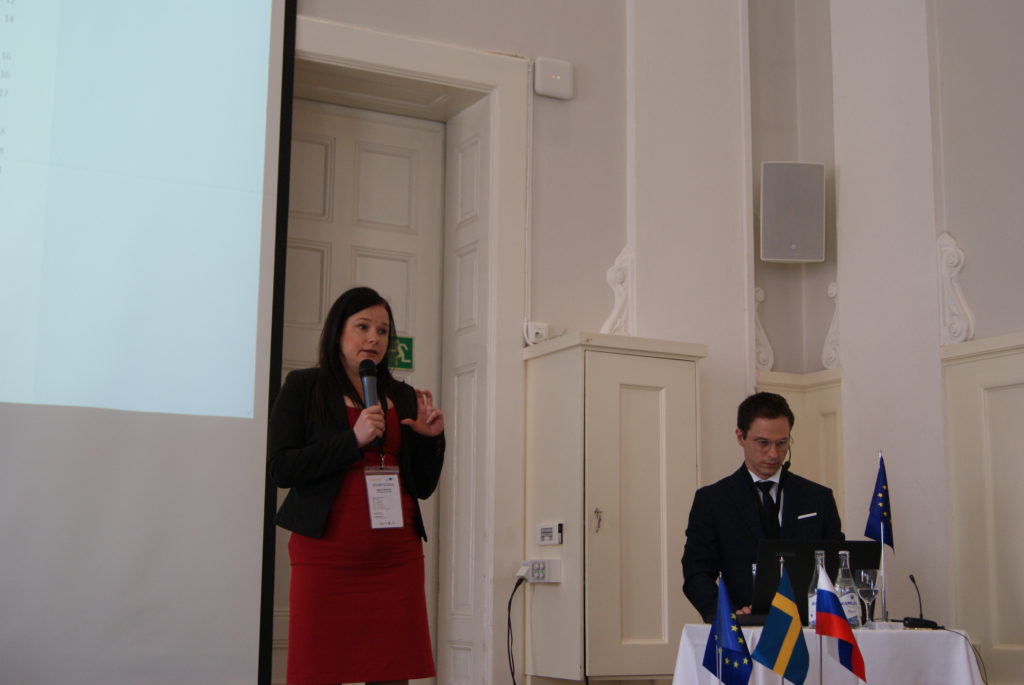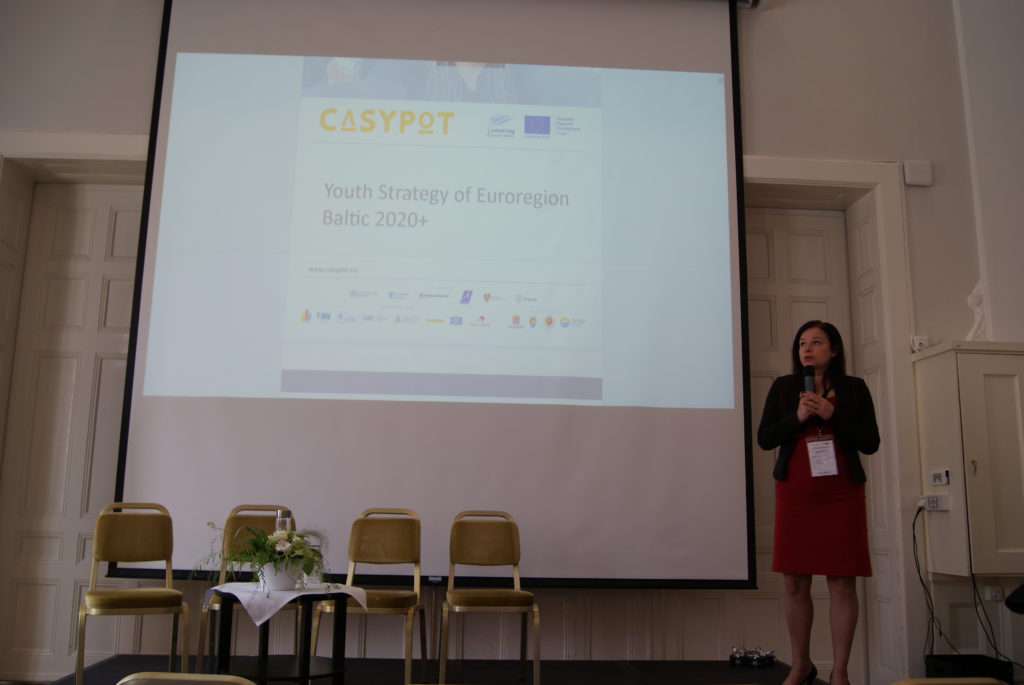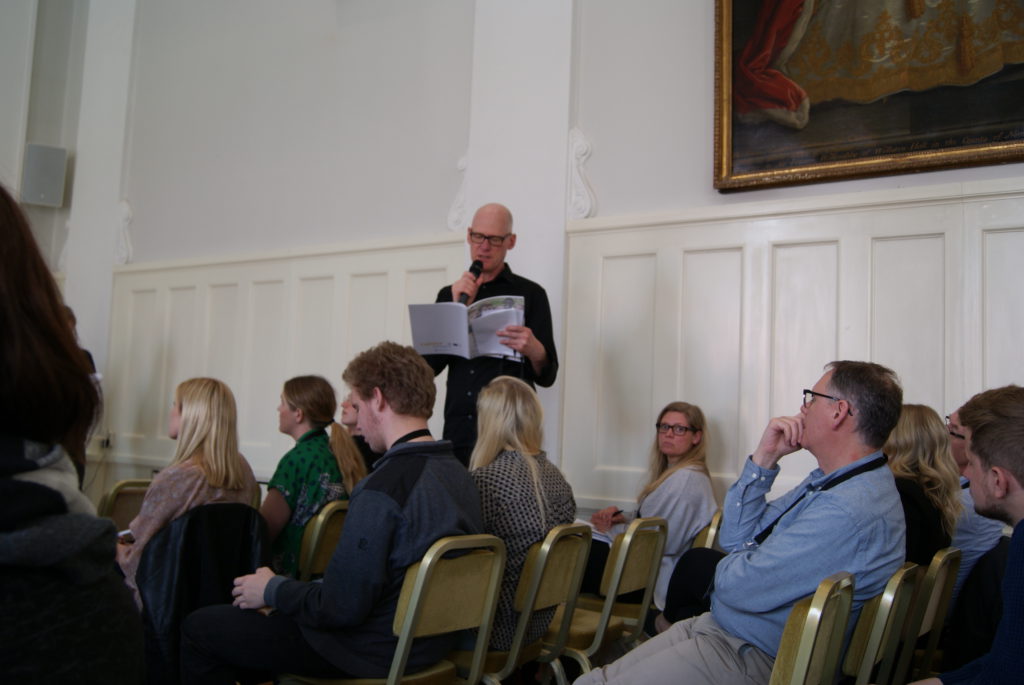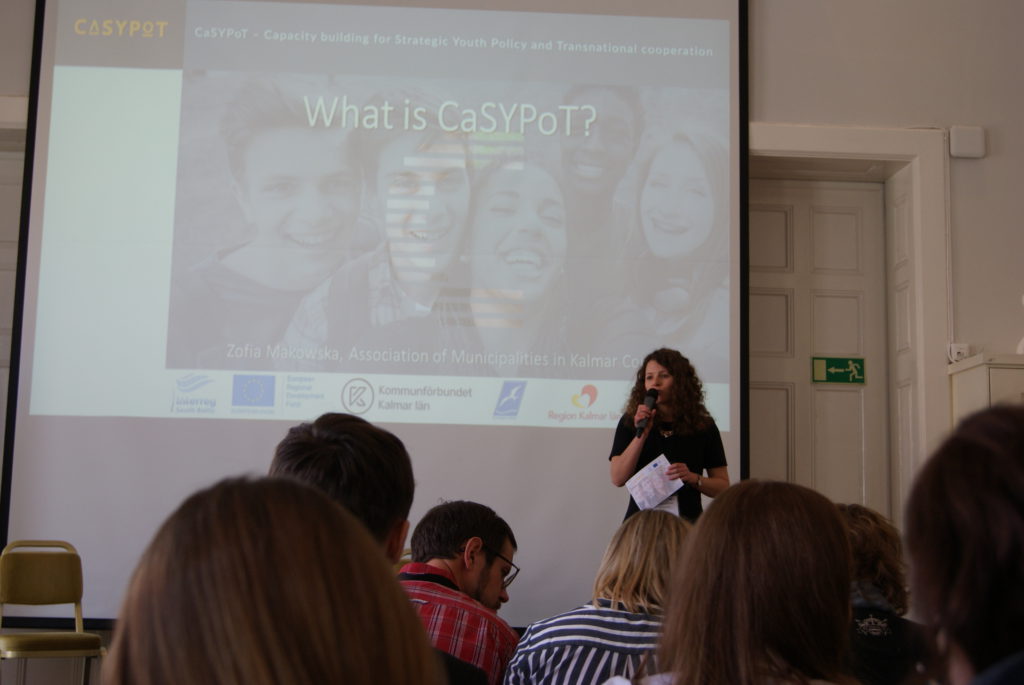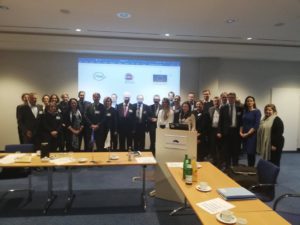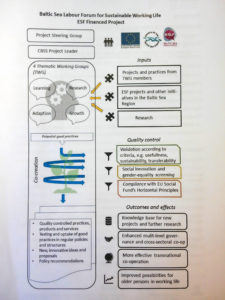The CaSYPot project ended in June after 3 years of collaboration between Poland, Sweden, Russia and Lithuania. On the 13th and 14th of May the caSYPot Final Conference was held in Kalmar, Sweden, in order to summarize the project, to show the results, and discuss with young people, adults and experts on the youth strategy and youth needs.
In the video below, made by Krzysztof Paluszyński from Truso TV you can see the conference and some of the workshops that took place on that occasion, the people who worked together for its realization and the concrete results that emerge from the project.
Ms Agata Ludwiczak, from Association of Polish Communes Euroregion Baltic, is the CaSYPot Communication Project Manager. She emphasized how CaSYPot Project focuses on the collaboration between local and regional authorities, university and NGOs, with the goal of increasing the capacty for transnational cooperation on youth issues in the Euroregion baltic. Thanks to caSYPot Project it was possible to create a common youth strategy for the ERB area, based on the survey that compares the young people’s living conditions in the different regions.
Ms Zofia Makowska, from Kommunförbundet Kalmar Iän, is the CaSYPot Project Manager. She expressed how caSYPot aim to improve youth participation and influence, giving young people the opportunity to be part of the decision-making process. The survey conducted during spring 2017 among 6 municipalities, conducted through the LUPP (Local follow-up of youth policy) method from Sweden, gathers the voices of all young people, despite social divisions or engagement in any clubs or political parties, and it’s a very important tool to raise the level of information about young people, their needs and opinions.
Ms Monika Daglis, from City Hall Słupsk, in Poland, presented the different ideas that the city has as solution for all the problems young people face in the Baltic Region. In particular:
- an Interactive Illustrated online Map with places for the young people marked;
- a Motivation Center, the place where young people can meet some specialists;
- the reactivation of the Youth Council.
Ms Olga Krylova, from Svetlogorsk City Administration, Russia, explained that one of the results of caSYPot Project in the municipality of Svetlogorsk was the creation of the Youth Open Space,called Telegraf, a place where young people can organize events, meetings, and so on.
Ms Johana Wyckman, from Region Kalmar County, as Euroregion Baltic Youth Board Member, spoke about another result coming from the CaSYPot Project: the restructuring of the ERB Youth Board, focused on international relations, mobility, and cooperation between the regions.
Ms Aiste Andruškeviciute, representing Klaipeda City Municipality, underlined the importance for the municipality of Klaipeda of having the CaSYPot survey as a tool for preparing the Klaipeda European Youth Capital application.
Mr Damian Ciachorowski, from Association of Polish Communes Euroregion Baltic, Euroregion Baltic Youth Board member, said as the strategy has the main aim to connect municipalities through actions: in mobility in order to broaden horizons, in development in order to invest in regions and create conditions for the sustainable development, and in identity in order to create a strong regional identity and work together in the future.
Mr Marcin Żuchowski, from Association of Polish Communes Euroregion Baltic, SB YCGN Project Manager, expressed the strong synergy present between CaSYPot Project and SB YCGN Project, in fact the aim of the project is to involve the young people in participatory processes through practical activities, as organization of round table conferences in each member municipalities. in this way it is possible to create a direct contact of young people with the local government authorities and the employees of local governments, in order to boost the participation of young people in the decision-making processes in municipalities.
Ms Julia Orluk, Marshal Office of the Pomorskie Region, Euroregion Baltic Youth Board chairperson, stressed the important result of CaSYPot Project to reactivate the ERB Youth Board, that can have a real impact for young people.
The CaSYPot Project has been very successful, based on a very strong collaboration between regions and with many results, activities for young people, research, innovations coming out from it!!












